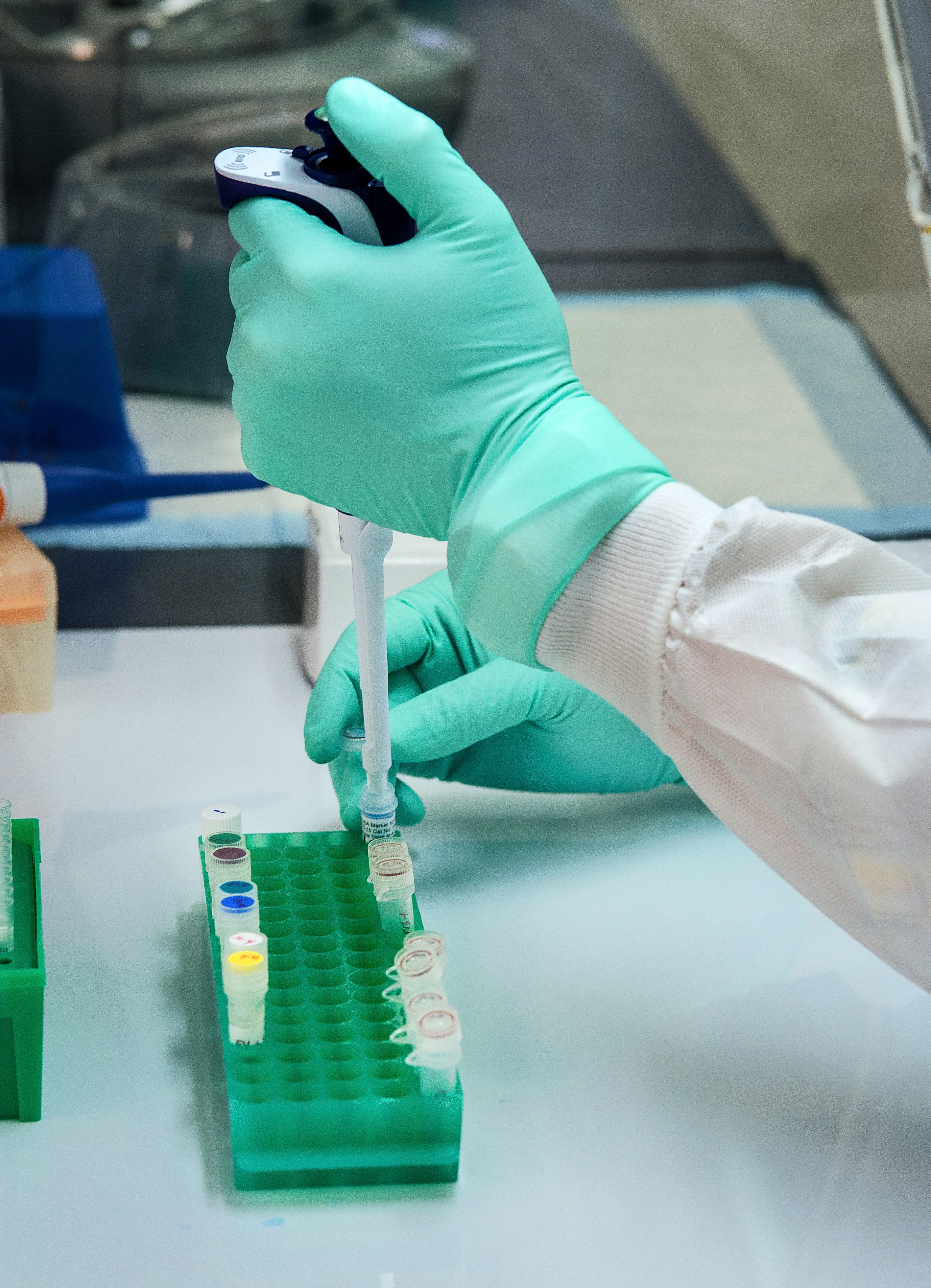A look at the international race to create human eggs and sperm in the lab
By Rob Stein, Regina G. Barber, Berly McCoy,
NPR [cites CGS' Marcy Darnovsky]
| 11. 29. 2023
In which we meet the pioneers of one of the most exciting — and controversial — fields of biomedical research: in vitro gametogenesis, or IVG.
The goal of IVG is to make unlimited supplies of what Hayashi calls "artificial" eggs and sperm from any cell in the human body. That could let anyone — older, infertile, single, gay, trans — have their own genetically related babies. As such, the field opens up a slew of ethical concerns.
But that isn't stopping researchers from pressing forward.
So, this episode NPR science correspondent Rob Stein gives us a glimpse into the global race to create the first artificial human embryos to see how the competition is unfolding.
Related Articles
By Anumita Kaur [cites CGS’ Katie Hasson], The Washington Post | 03.25.2025
Genetic information company 23andMe has said that it is headed to bankruptcy court, raising questions for what happens to the DNA shared by millions of people with the company via saliva test kits.
Sunday’s announcement clears the way for a new...
By Peter Wehling, Tino Plümecke, and Isabelle Bartram
| 03.26.2025
This article was originally published as “Soziogenomik und polygene Scores” in issue 272 (February 2025) of the German-language journal Gen-ethischer Informationsdienst (GID); translated by the authors.
In mid-November 2024, the British organization Hope not Hate published its investigative research ‘Inside the Eugenics Revival’. In addition to documentating an active international “race research” network, the investigation also brought to light the existence of a US start-up that offers eugenic embryo selection. Heliospect Genomics aims to enable wealthy couples to...
By Frank Landymore, Futurism | 03.18.2025
You can only throw so much money at a problem.
This, more or less, is the line being taken by AI researchers in a recent survey. Asked whether "scaling up" current AI approaches could lead to achieving artificial general...
By Craig S. Smith, Forbes | 03.08.2025
One recent evening in Shenzhen, a group of software engineers gathered in a dimly lit co-working space, furiously typing as they monitored the performance of a new AI system. The air was electric, thick with the hum of servers and...




